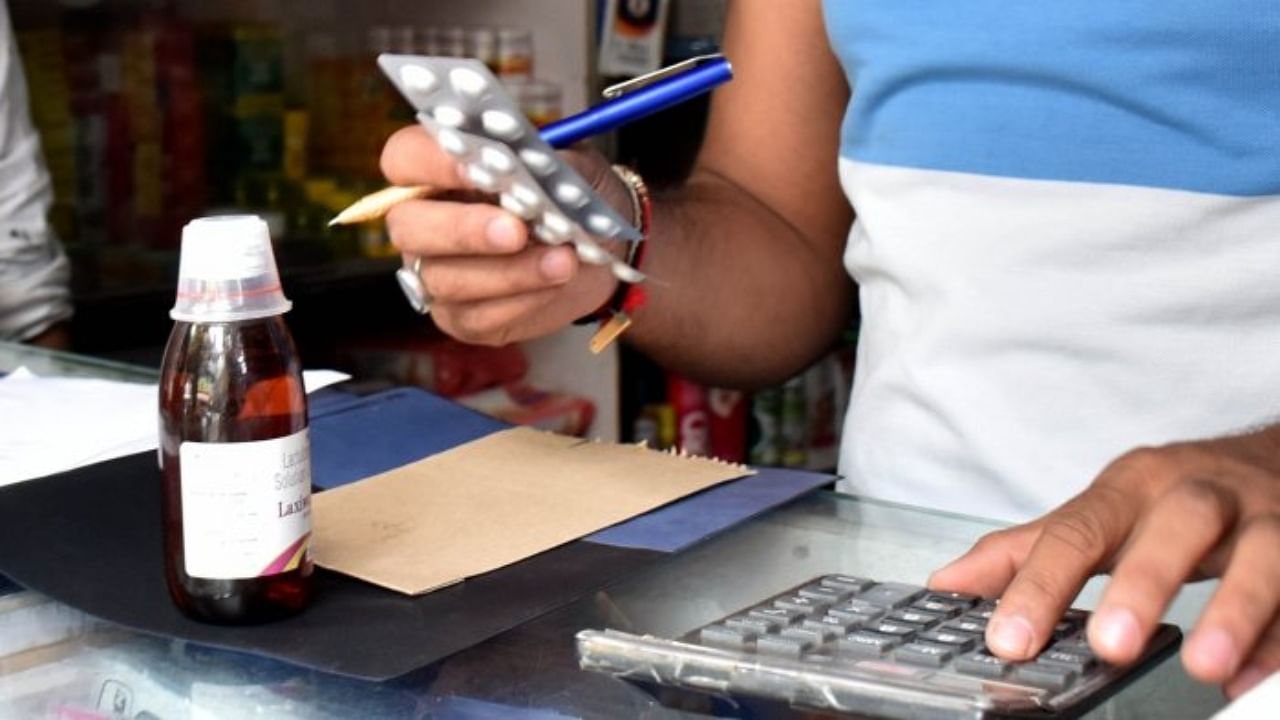
The Union Health Ministry on Tuesday released a new National List of Essential Medicine comprising 384 medicines, initiating a process to determine their price ceiling, but kept most of the effective-but-expensive anti-cancer medicines outside the list.
The ministry waited for a year to make the new NLEM public as the expert committee recommending the changes had submitted its report last year.
“The National Pharmaceutical Pricing Authority will fix the ceiling prices of nearly 1,000 formulations that use the 384 medicines. It will further ensure efficacy, safety, quality, affordability and accessibility of medicines,” said Union Health Minister Mansukh Mandaviya releasing the NLEM.
Coming after a gap of seven years, the new NLEM has four anti-cancer drugs and four patented medicines. While it is unclear how the government can put a price cap on patented medicines, public health campaigners advocating for affordable medicine raise questions about the non-inclusion of the majority of cancer drugs.
“It is disappointing that more of the higher priced, effective treatments for various cancers have not been included in the list. This is an area where pharma innovation is the fastest and recognising this, the WHO in recent years took steps to expand the cancer section of the global Model Essential Medicines List,” said Malini Aisola from All India Drug Action Network.
India, she said, missed an opportunity to make many useful cancer treatments, currently priced beyond the reach of the majority of people, more affordable and accessible.
“The trade margin rationalisation exercise that the NPPA undertook a few years ago for 42 cancer therapies is neither sufficient nor comprehensive in dealing with the steep costs of cancer medicines, and cannot be a replacement for direct price controls,” Aisola said. Only four from the list of 42 made it to the NLEM.
The NPPA price control on the basis of NLEM would cover just 10-12 per cent of India’s Rs 1.6 trillion pharma market, said S Srinivasan from Low Cost Standard Therapeutics, a non-governmental outfit promoting affordable medicine and rational use of drugs.
The state governments, explained Srinivasan, were not mandated to follow the NLEM while procuring the medicines. “Releasing the NLEM is only a half-hearted measure to ensure medicine affordability,” he said.
On the positive side the diabetes section has been expanded to include teneligliptin and insulin Glargine (Lantus). But there was a need to include more synthetic insulins and other classes of oral antidiabetics keeping in view the diabetes epidemic in the country and the unmet need for insulins, Aisola said. On the flip side, many over-priced antibiotics have been kept out of it.
